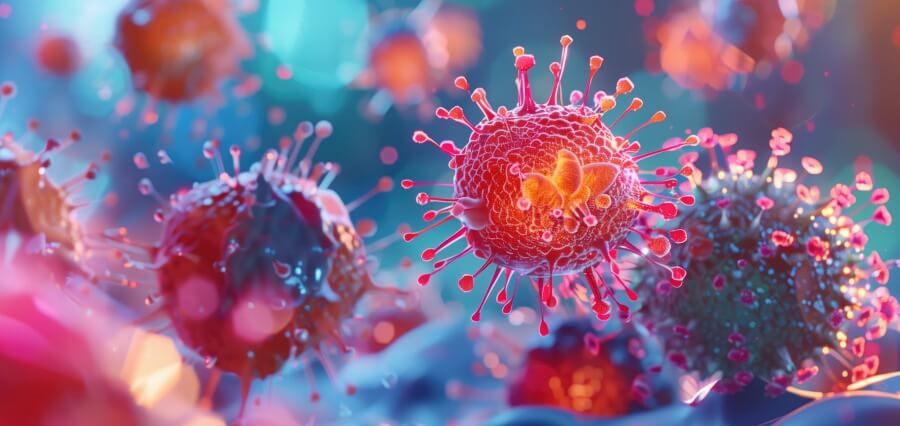CAR-T cell therapy, as shown in recent clinical trials to be promising for aggressive brain and spinal cord tumors in young patients was being developed by the research team led by the Stanford University experts aiming at testing CAR-T cell therapy for fatal cancers like diffuse midline gliomas-a family of tumors often seen in children and young adults.
Diffuse midline gliomas are the most aggressive and difficult to treat of all cancers with a wretched one-year median survival. In this trial, however, nine of 11 participants experienced clinically significant improvement and four patients even showed reductions in their tumors of 52% to 100%. Significantly, one of the DIPGs involved in the study showed a complete response to the treatment; no detectable tumor was found on later scans, although DIPGs have a survival rate of less than 1% after five years. Researchers say that this is too premature to confirm if it could be a cure. As they would say, lead author of the paper and a professor of neurology and neurological science at Stanford Medicine Michelle Monje while these results are exciting, much more work remains with an ultimate goal of optimizing the therapy for all patients.
CAR-T cell therapy involves extracting T cells from a patient, which are then genetically modified to specifically target markers carried by cancer cells, after which they are re-infused into the patient’s body.
This innovative approach has previously been successful in treating blood cancers, but its application in brain cancers remains experimental.
Despite the progress, challenges remain. The treatment is not uniformly effective, and some patients’ tumors do not respond as favorably. Side effects have included fever, hypotension, and neurological problems. Researchers are paying much attention to the determination of predictors of therapeutic success and adjustment of the therapy to decrease toxicity.
Dr Stephen Bagley, a hematology-oncology specialist who accompanied her for the treatment, noted “striking responses.” But much more needs to be done to make it more universally effective and safer. “As the trial continues, hopes are high that CAR-T therapies could soon be used to treat aggressive pediatric brain cancers.”.





